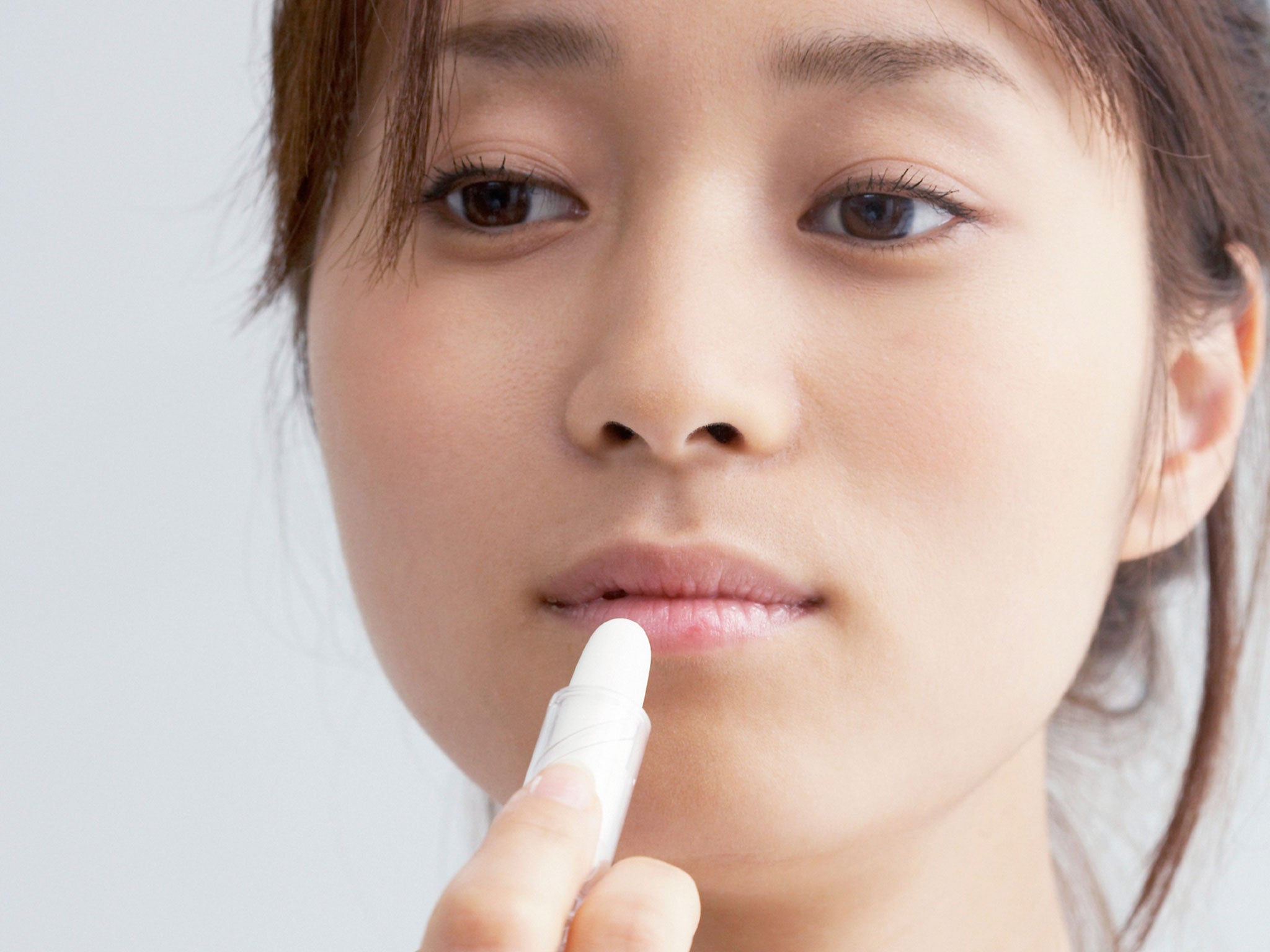Why your lip balm may not be good for you after all
Lip balms can cause allergies, according to dermatologists

Your support helps us to tell the story
From reproductive rights to climate change to Big Tech, The Independent is on the ground when the story is developing. Whether it's investigating the financials of Elon Musk's pro-Trump PAC or producing our latest documentary, 'The A Word', which shines a light on the American women fighting for reproductive rights, we know how important it is to parse out the facts from the messaging.
At such a critical moment in US history, we need reporters on the ground. Your donation allows us to keep sending journalists to speak to both sides of the story.
The Independent is trusted by Americans across the entire political spectrum. And unlike many other quality news outlets, we choose not to lock Americans out of our reporting and analysis with paywalls. We believe quality journalism should be available to everyone, paid for by those who can afford it.
Your support makes all the difference.Whether the sun is scorching down, the temperature has dropped below zero or the central heating is on full whack, the delicate skin on your lips is in a constant battle against the elements.
Slathering your lips with balm is supposed to protect them – but is the need for constant top-ups a sign that products aren't quite as moisturising as you're led to think?
If your lips are chapped despite your attempts to keep them supple, this may be because you are allergic to the ingredients - causing you to keep applying more in the hope they will heal.
Some people swear by petroleum jelly as their go-to lip balm. But the derivative from oil refining does not actively nourish the skin, but rather seals the lips so moisture does not escape. And as moisture can’t get out, air and moisture can’t get in – meaning it can dry your lips, the Huffington Post reported.
And advocates of bees wax-based balms needn’t be smug, because this often contains propolis. Bees use this substance to repair their hives – however, many people are allegric to it, dermatologist Dr. Whitney Bowe told New York Magazine’s The Cut, citing a 2010 study showing that the majority of children with eczema are allergic to propolis.
Lanolin, which is used in balms and lotions, also causes problems for some. The oily substance derived from wool, and is linked to allergies which cause an itchy rash for some people.
Join our commenting forum
Join thought-provoking conversations, follow other Independent readers and see their replies
Comments